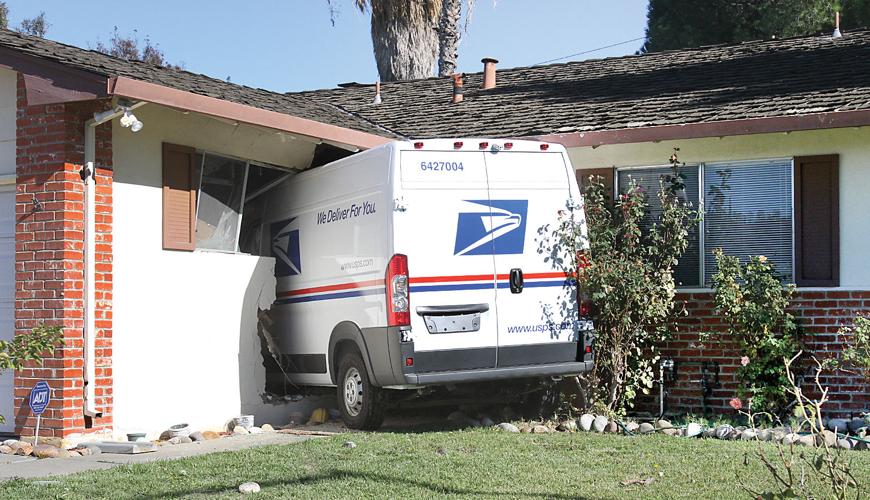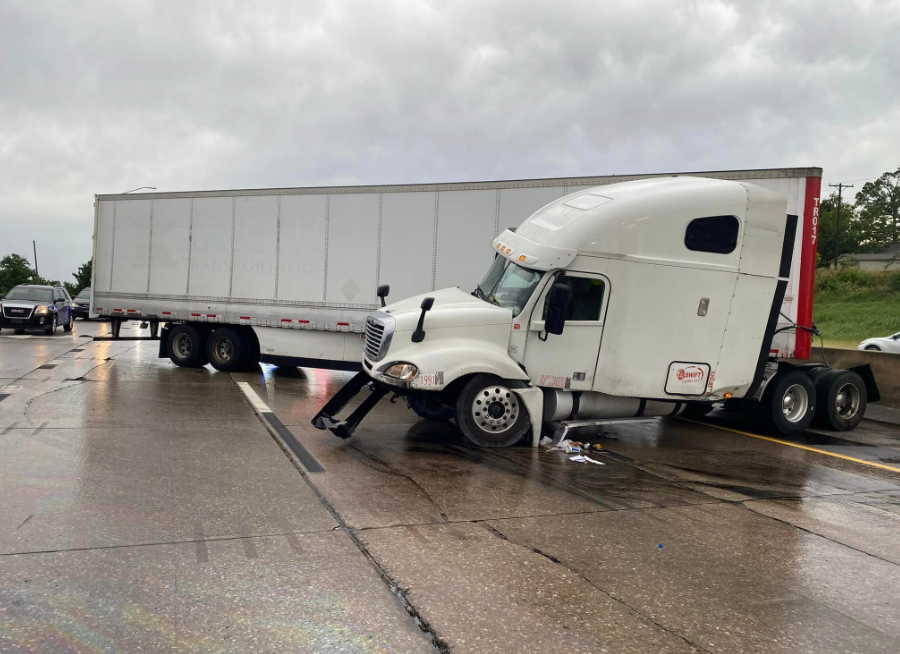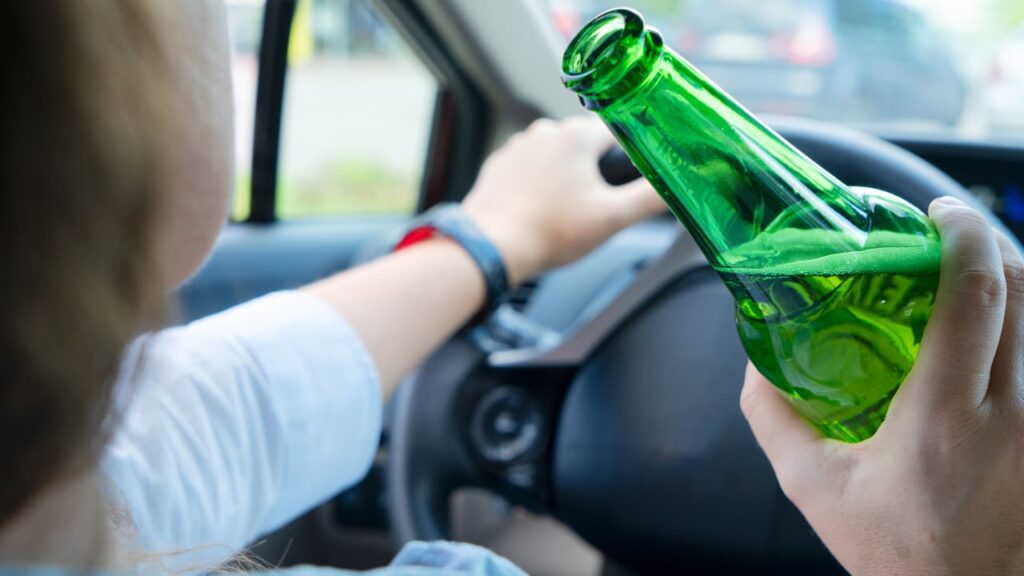
Police Report
A police report is an official document generated by law enforcement officers in response to incidents, such as car accidents, assaults, or other events requiring investigation. Police reports serve as vital records that detail the facts of an incident, including the time, location, involved parties, witness statements, and preliminary findings. In personal injury cases, police reports are often key pieces of evidence, as they provide an unbiased account that can help establish liability. At 770GoodLaw, we assist clients in obtaining and interpreting police reports, using this information to build strong cases for compensation.
Purpose of a Police Report in Legal Cases
The primary purpose of a police report is to document an incident thoroughly and accurately, creating an official record that can be used by parties involved and legal representatives. Police reports help ensure accountability and provide a starting point for legal claims. Key purposes of a police report include:
-
Documenting Incident Details: Police reports record essential information, such as time, location, and involved parties, creating an accurate record of the event.
-
Establishing Preliminary Findings: Officers include their initial observations and any available evidence, helping to clarify the circumstances of the incident.
-
Providing Witness Statements: Reports often include statements from witnesses, which can be invaluable in supporting claims or defenses.
-
Assisting with Insurance Claims: Police reports serve as objective evidence in insurance claims, helping adjusters and legal representatives assess liability.
Key Information Included in a Police Report
A police report includes various details relevant to understanding and evaluating an incident. Typical information found in a police report includes:
- Basic Incident Details: Time, date, location, and weather conditions at the time of the incident.
- Involved Parties: Names, contact information, and other identifying details of all parties involved, such as drivers in an accident or witnesses to a crime.
- Witness Statements: Statements from witnesses who observed the incident, noting what they saw and heard, which can support claims of fault or innocence.
- Description of Events: The officer’s narrative of how the incident unfolded, including any observed damage, injuries, or evidence of negligence.
- Diagram or Photos: In accident cases, officers may include a sketch or photos of the scene, showing vehicle positions, points of impact, or environmental factors.
- Preliminary Findings: Any initial conclusions or citations issued by the officer, which may indicate who was at fault or if any laws were violated.
How to Obtain a Police Report
Obtaining a police report is usually a straightforward process, although it may vary depending on the jurisdiction. Key steps in obtaining a police report include:
- Contacting the Police Department: Reach out to the law enforcement agency that responded to the incident, such as the local police department or state patrol.
- Providing Incident Information: Be prepared to give specific details, such as the date, time, and location of the incident, along with the names of involved parties.
- Requesting in Person, by Mail, or Online: Many departments allow requests to be made in person, by mail, or online, often with a small fee for processing.
- Waiting for Processing: Depending on the department and incident type, it may take a few days to weeks for the report to become available.
Importance of Police Reports in Personal Injury Cases
In personal injury cases, police reports provide valuable insights that can support claims and clarify the facts of an incident. Important roles police reports play in personal injury cases include:
-
Supporting Liability Claims: The information in a police report can help establish which party was at fault, strengthening liability claims in court.
-
Providing Credibility: Police reports are unbiased records, lending credibility to claims and serving as strong evidence for both parties and insurers.
-
Clarifying Witness Accounts: The report includes witness statements, which help corroborate the injured party’s account and clarify the sequence of events.
-
Assisting with Insurance Settlements: Insurance adjusters use police reports to evaluate claims, making them essential in the negotiation process.
How 770GoodLaw Assists Clients with Police Reports
At 770GoodLaw, we understand the critical role police reports play in personal injury cases and provide comprehensive assistance in obtaining, reviewing, and using these reports. Our attorneys analyze the details within police reports, using this information to build strong cases for our clients. Our approach includes:
- Obtaining and Reviewing Reports: We handle the process of requesting police reports and carefully review the details to identify information supporting our clients’ claims.
- Analyzing Evidence and Findings: Our team examines any preliminary findings, witness statements, and diagrams to build a thorough understanding of the incident.
- Using Reports in Negotiations: We present police reports as objective evidence during negotiations with insurance companies, advocating for fair compensation.
- Addressing Inaccuracies: If a police report contains errors or inaccuracies, we work with clients to correct these issues, ensuring that the record accurately reflects the incident.
Importance of Legal Representation in Using Police Reports
While police reports are valuable evidence, understanding how to use them effectively in a legal case requires knowledge of personal injury law and experience with evidence interpretation. Skilled legal representation ensures that police reports are leveraged to support claims, counter defenses, and strengthen negotiations. At 770GoodLaw, we provide dedicated support, helping clients use police reports to pursue justice and fair compensation.
Why Choose 770GoodLaw for Assistance with Police Reports
Our commitment to Relentless Reliability and Sincetegrity drives us to provide comprehensive support for clients relying on police reports in their cases. At 770GoodLaw, we work to ensure that our clients benefit from accurate, thorough evidence that strengthens their claims and maximizes their chances of success.






